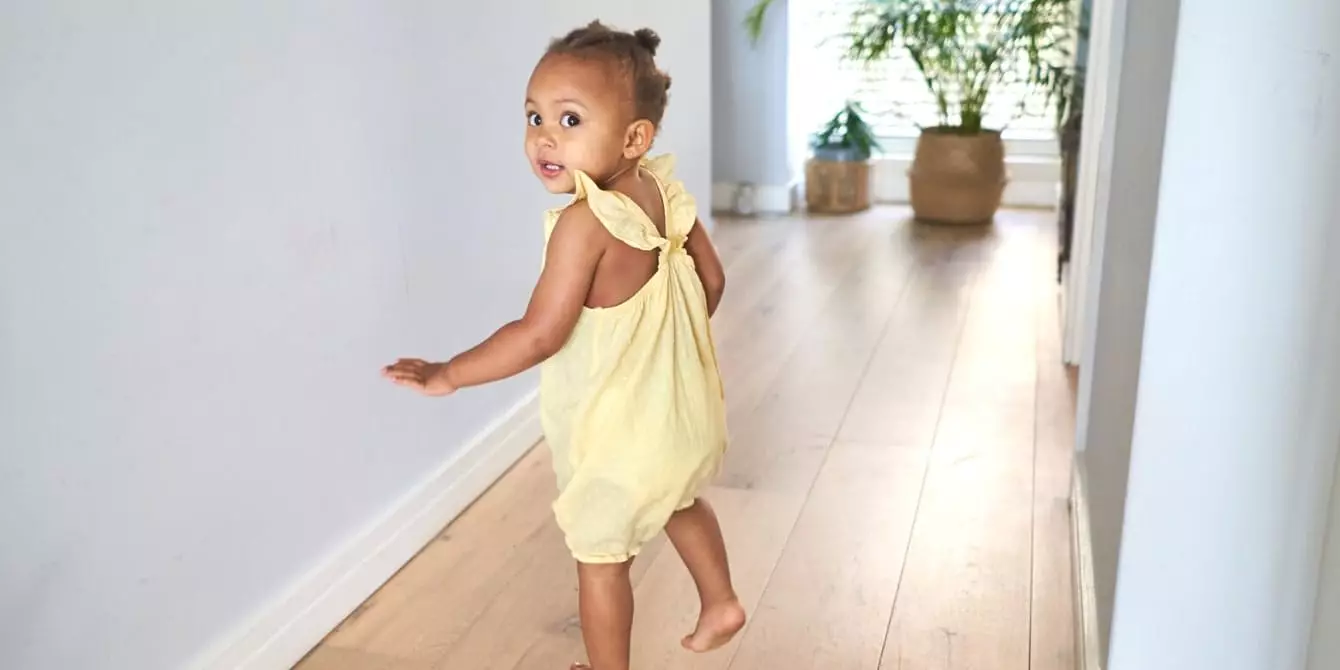As your toddler approaches the 18-month milestone, it’s important to recognize the incredible growth they are experiencing. At this stage, children become more curious explorers of their surroundings, and their newfound skills challenge you, as a caregiver, to keep them engaged. This article will delve into a variety of sensory and developmental activities tailored for 18-month-olds without being overwhelming for the often fatigued parents or caregivers.
Imaginative play is crucial for toddlers as it not only fuels creativity but also enhances their cognitive and fine motor skills. A simple cardboard box transformation can lead to endless possibilities. Provide your child with non-toxic crayons or markers and watch as they seamlessly convert a plain box into a spaceship, castle, or car. Not only does this activity foster artistic expression, but it also strengthens hand-eye coordination as they color and draw.
Additionally, consider initiating outdoor excursions, such as nature walks, where your child can observe their environment firsthand. Encourage them to pick up natural items like leaves, rocks, or flowers. This engagement fosters vocabulary development, sparks curiosity, and strengthens their connection to nature, crucial elements as they grow.
Kitchen Adventures: Cooking Together
The kitchen can transform into a child-friendly environment filled with learning opportunities. Involve your little one in simple cooking tasks, like mixing ingredients for muffins. Let them pour mixtures, arrange muffin cups, or even stir the batter. The delightful aroma of baked goods wafting through the house will create a memorable sensory experience, while also enhancing your toddler’s understanding of cause and effect.
Cooking projects also serve as excellent avenues for discussing measurements, colors, and textures, further promoting their language skills and comprehension.
Developing gross motor skills is vital during this period. Create a basic obstacle course in your living space or garden using household items. Encourage activities like crawling under chairs, jumping over pillows, and balancing on low beams. Challenge your child to repeat the course multiple times, creating a delightful environment for physical activity. You can add a fun twist by introducing themes like speed races— can they go fast like a cheetah or slow like a turtle? Such imaginative contexts enhance enthusiasm and make exercise enjoyable.
Musical Expression and Rhythm
Music plays a fundamental role in cognitive and emotional development during early childhood. Whether you enroll your child in a dedicated music class or simply create a playlist at home, engaging with music provides countless opportunities for movement-based fun. Introduce simple musical instruments or have impromptu dance parties after dinner to integrate rhythm into your family routine. Activities like freeze dance can bolster focus and coordination while providing endless laughter.
Role-playing is another enlightening method to cultivate social skills and empathy in toddlers. Encourage your child to enact scenes with their stuffed animals—let them pretend to be a doctor caring for their animal patients. This activity helps your child learn to navigate social interactions and understand different perspectives, all while having fun. You can model how to perform simple care activities like measuring height or checking for “injuries,” promoting an environment of kindness and caring.
Cognitive development is essential, and engaging your toddler in sorting activities can serve this purpose effectively. Use animal figurines and relate them to corresponding images in storybooks. By helping your child match figurines to illustrations, you foster object recognition and enhance their sorting skills. This hands-on activity not only enriches their cognitive journey but also helps establish early literacy connections.
Make bath time a learning opportunity by integrating playful educational tools. Provide your child with a ladle or a small net to fish for toys in the water. Incorporating foam letters into the water can turn a simple bath into a delightful learning session. Encourage your child to find letters, calling each one out and sticking them to the tub’s surface, enriching their letter recognition along the way.
At 18 months, toddlers are ripe for exploration, learning, and growth. Providing a mix of engaging and educational activities supports their overall development, while also creating moments of joy for both child and caregiver. Embrace these playful learning experiences, and witness the remarkable growth your toddler will exhibit as they navigate this exciting chapter of their lives. Each shared moment of laughter, exploration, and creativity serves to strengthen the bond between you and your little one, forming lasting memories that accompany their journey toward independence.

